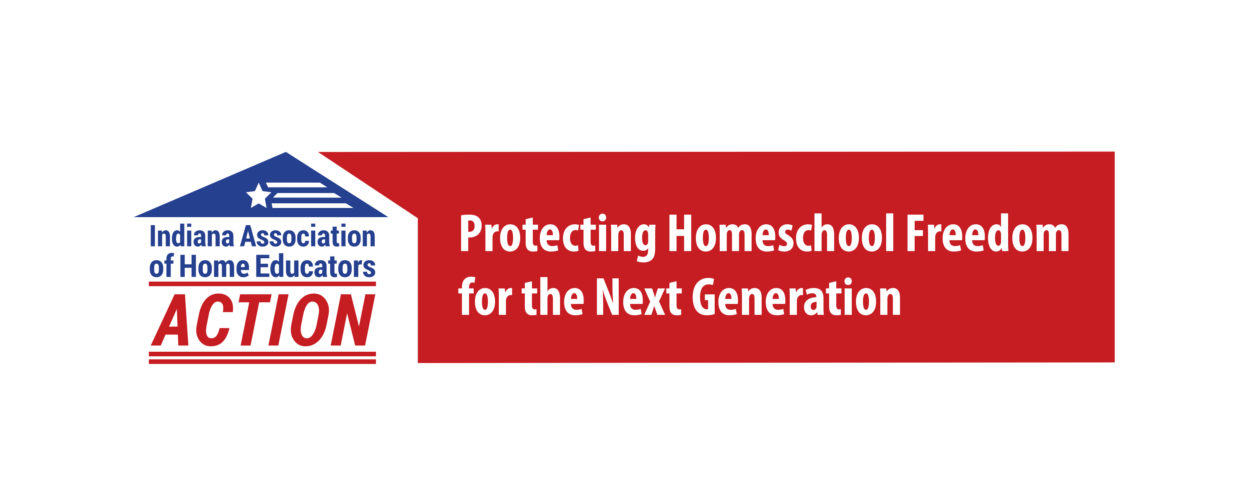This post is our seventh of nine installments regarding the transcript from the Indiana Advisory Committee to the U.S. Commission on Civil Rights hearing that was held on February 17, 2016. You may read our other posts here, here, here, here, here, here, and here. TESTIMONY: Dr. Susan Lockwood and I am the director of Juvenile Education…
Category: Uncategorized
Homeschool Student Essay Contest
Homeschool Student Essay Contest Sponsored by our liberty-loving friends at the Coalition of Central Indiana Tea Parties Topic Explain why the Federal Government does not have the Constitutional authority to be involved in education. Age groups: 16 through 18 12 through 15 Rewards: $500 first place $250 second place Copies of the winning essays will be…
IAHE Action’s School to Prison Pipeline Response – Part 2
This is a continuation of the testimony from here. TESTIMONY: Pg. 80. “We actually based our thesis on the question of what happens to African American students from low income marginalized communities living in single female head of household with high crime when they accept the option of home schooling in place of an expulsion….
Definitions 101: Defining Terms to Precipitate Political Truth
Our friend, Dawn Kazmierzak, wrote a blog post that defines the many different forms of government. Since we are seeing some of these currently mentioned in the news, we thought it may be a good time to share this information as a reminder of the philosophy behind the various types of government. “There can be…
Register to Vote
As 2016 gets underway it is clear this year’s election cycle is going to be at the forefront of discussion. Fortunately, in our Constitutional Republic, we have the opportunity to elect the people who will be in positions of authority since being able to vote allows us to choose who represents us at the local,…
2016 TeenPact Information
Bring your 8-12 yr. olds to Indianapolis for a One Day interactive field trip–TeenPact Indiana! At TeenPact, you and your kids will experience a fun, fast-paced day at the Indiana Statehouse. Explore the three floors, atriums, and rotunda on a scavenger hunt of your Capitol building, learn how a bill becomes a law through a…
